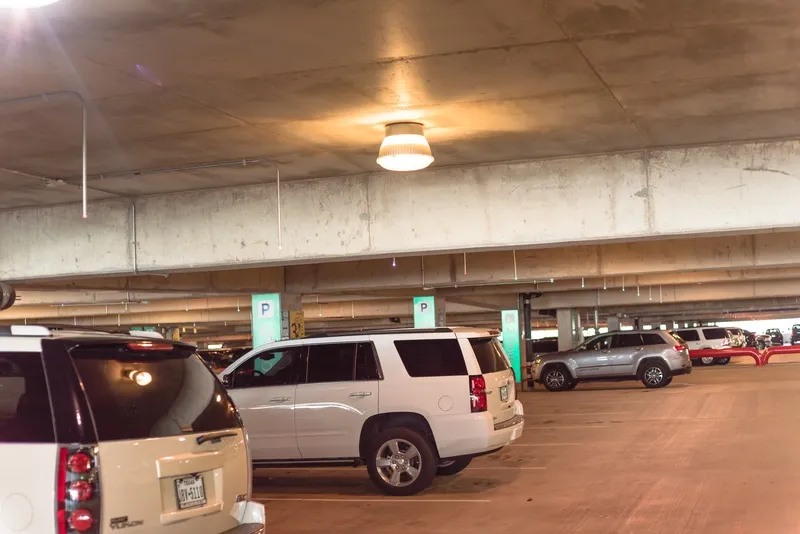Q-Free is to deploy a parking guidance system which will display available spaces at the four-level Victorian Square garage in the US city of Sparks, Nevada.
By Ben Spencer
April 8, 2020
Read time: 1 min

Victorian Square contains 750 parking spaces in the city's dining, theatre and casino districts.
The company says sharing real-time parking availability with drivers will allow them to determine in advance whether to drive downtown, ride-share or use other transportation.
Q-Free's ultrasonic directional sensors will monitor space availability which will be displayed on variable message signs in and around the garage.
Americans with Disabilities Act-compliant signs will direct disabled drivers to specific spaces, the company adds.
The system will also allow the city to post parking availability information through an app or website.










